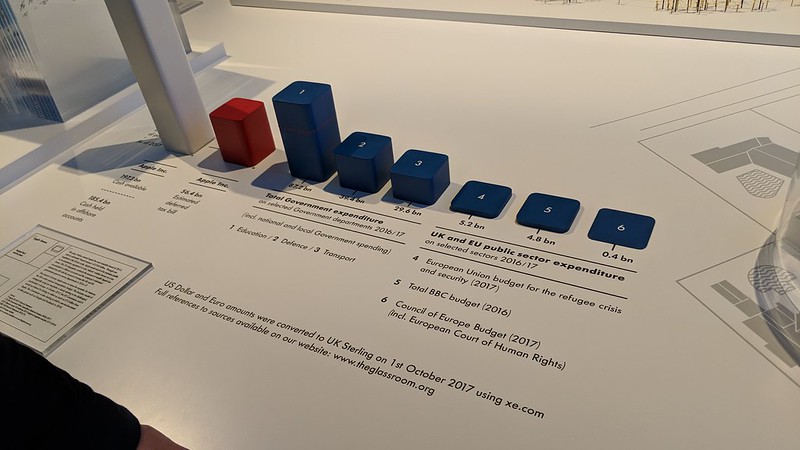
In another one of OKCupids changes. I recieved a message on my pebble smartwatch while shopping today saying…
We’re switching to real names!
Don’t be ClownzRKoOL in a sea of Chads. Add yours now >>phone
After finding the notification and looking things up, I found OKcupid’s post titled An Open Letter on Why We’re Removing Usernames, Addressed to the Worst Ones We’ve Ever Seen
What’s in a name?
You see, DaddyzPrincess29*, we all have names. Good, noble names that took weeks, perhaps months to choose— from Hannah to Jordan to Lady Bird. And what we’ve discovered is that those names actually work best—better than usernames—when it comes connecting with people. So listen closely laidback___stu, because this applies to you — even if you are straight chilling right now on a basement futon.
Ahead of the new year, we’re removing OkCupid usernames. It’s starting with a test group and will soon be rolled out to everyone on OkCupid, so all users will need to update their profiles with what they want their dates to call them.
This instantly reminded me of Facebook real names policy, a few friends of mine have effected by this policy and many more. Of course Okcupid brush around this with…
We’ve also heard from many members of our community that they want to maintain the privacy they enjoy with usernames—with this change, we won’t be collecting full names; instead, we encourage our users to go by the name they’d like their dates to call them on OkCupid.
So this is what you would like to be called? Something like a username?
Is OKCupid going to take on the pain and effort of checking and verify peoples names? If so then they really need to look at the outrages previously.
If not, then whats the point of the change? I can easily call myself something of poor taste
As the Ars Technica calls it OkCupid’s rapid Tinder-ization (I’ve been pretty much saying the same thing)
In OkCupid’s case, the move follows some other major changes that bring the service far closer to resembling Tinder. This one, for example, mirrors Tinder’s use of Facebook profile data, which thus assigns a “real” first name to a user’s account.
Last month, OkCupid rolled out a change to its messaging system that prevents any user from seeing if they’ve received an unsolicited message unless they stumble upon the message-sender’s dating profile and indicate a “like.” Doing this unlocks that suitor’s ability to directly contact the other person. This is similar to Tinder, which only allows messages to be shared when both users indicate a “like.” For some users (read: the popular ones, as per activity on the site), this feature change can reduce mailbox clutter. For others (read: the less popular ones), this makes receiving messages much more difficult and all but requires constant flipping and swiping through profiles just to raise your chances of unlocking a sender’s ability to contact you.
In July, OkCupid also removed an opt-in feature that showed users who had stumbled upon their dating profile and at what time they did so. This allowed daters, particularly the less popular ones, to passively peruse potential matches of interest. By removing this opt-in feature, OkCupid essentially nudged users to do more browsing and swiping through the entire site’s meat market of available daters.
Although this change doesn’t affect me so much, I support all the people who this will affect. This is another example why online dating really needs to be disrupted for the sake of the future of humanity.
Update
The Verge have a followup which goes into much more detail and hit right at the point of Okcupid’s flippant policy change
Via email, a company spokesperson told The Verge that OKCupid won’t require legal names, but the shift is already unpopular with users. Online, the reaction to the news has been overwhelmingly negative, with users either flocking to Reddit to discuss the change, or leaving angry comments on the post itself.
The change isn’t just, as OKCupid’s flippant post suggests, about users no longer going by aliases like “BigDaddyFlash916.” The allure of a place like OKCupid as opposed to, say, Tinder, is that it was a secure place to share more intimate personal details, including sexual preferences. Dating apps made for phones are generally looking for users to find matches based on proximity, age, and gut-instinct attraction to other people’s photos. OKCupid invites users to answer questionnaires, build elaborate profiles, and describe themselves thoughtfully. For users, this is a double-edged sword: you get to know people better, but you also make yourself vulnerable to strangers who can potentially learn a lot about you.












